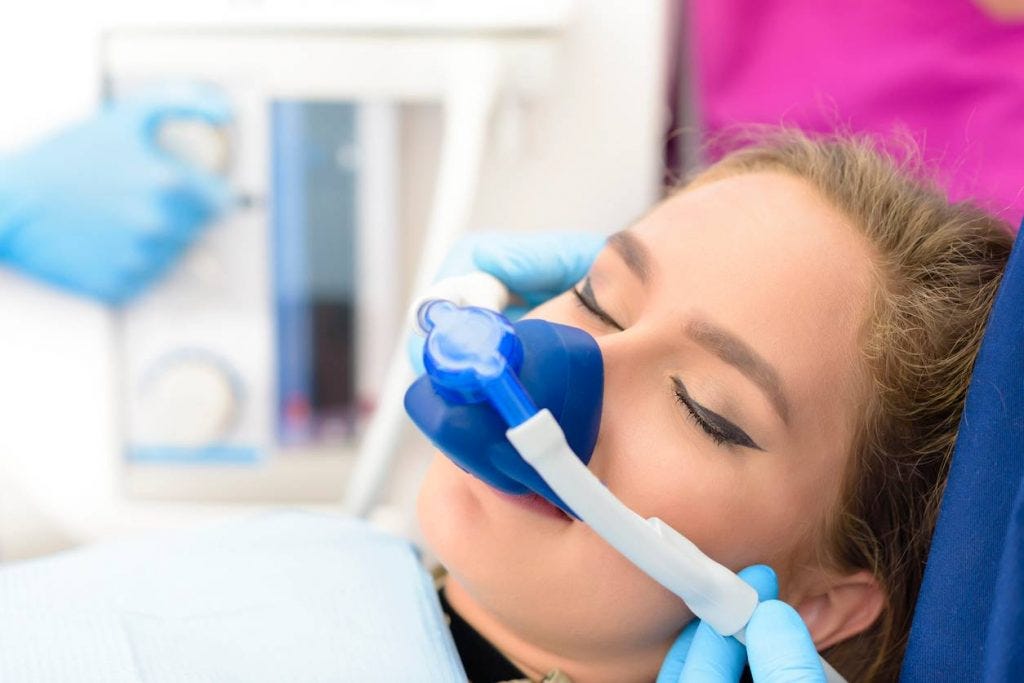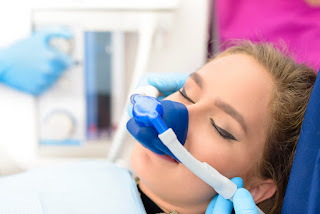Finding the “Sweet Spot” in Dental Sedation
Though you’ve probably heard of dental sedation, you may not know some specific details surrounding it. One of the most crucial of them is dosage. If your dentist gives you too little or too much medication, you won’t be as satisfied with the service at the end of the appointment. We explain why and provide some tips on avoiding this trap in the sections below.
The Dangers of Too Little Sedative
There are many excellent reasons to explore dental sedation. Among the most common are anxiety, low pain tolerance, and lengthy procedures. Whatever your issue is, you need an ample amount of medication to receive all of the sedation benefits that you seek. The following are some of the consequences associated with too little sedative.
Pain - One of the best reason to use sedation is to lessen pain. Unfortunately, a dose that is too small will not give you this benefit. You’ll instead feel almost as much discomfort as you would without the medication.
Fear - Another reason people use sedation is to reduce their anxiety. If the dose is light, this effect will lessen.
The Dangers of Too Much
On the other hand, dentists should not just give you the maximum dose every time you go in for sedation. The reason is that, though they are generally safe, these compounds come with a few downsides. A dentist should never risk exposing you to more significant side effects. Here are a few potential side effects:
Nausea - At times, patients report nausea for several hours after sedation. A high dose may exacerbate this effect.
Confusion - You may be a bit disoriented and confused when you come out of your appointment. This feeling can lead to accidents if not properly managed.
Fatigue - Lastly, you probably want to get on with your day and live your normal life after your appointment. A heavy dose might keep you tired for several hours after your treatment is over.
How to Hit the “Sweet Spot”
Getting the perfect amount of sedative in your system comes down to two factors. The first is the one that you have complete control over. It is describing your issues accurately. The dentist will not know what dose you need unless you are clear in this regard, so make sure you share all of the details about your conditions.
The second factor is one that you do not have as much control over. It is how skilled and experienced your dentist is. The best medical providers will know just how much sedative to give you depending on the conditions surrounding your appointment. The one thing you can do in this regard is make sure you choose a dentist with a track record of happy patients.
Ultimately, your level of sedation is not something that you should fear. Whether it is slightly too high or too low, the consequences will generally not be dire. Still, you’ll want to do what you can to get the perfect level of medication. Doing so comes down to communication and getting your service from the right St. Louis dental provider.




Comments
Post a Comment